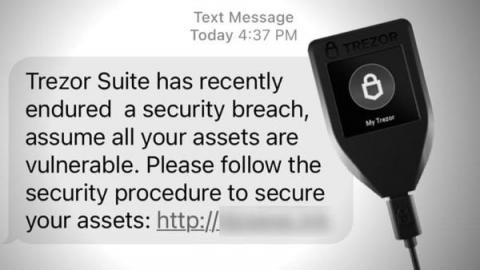10 Database Security Best Practices You Should Know
Around 39 billion records were compromised between January and December of last year, according to Flashpoint’s 2022 A Year in Review report. While this result is quite staggering, it also sends a clear message of the need for effective database security measures. Database security measures are a bit different from network security practices. The former involves physical steps, software solutions and even educating your employees.



